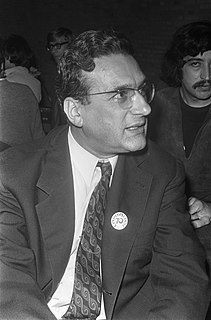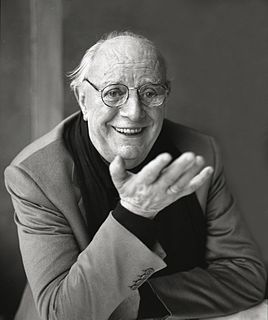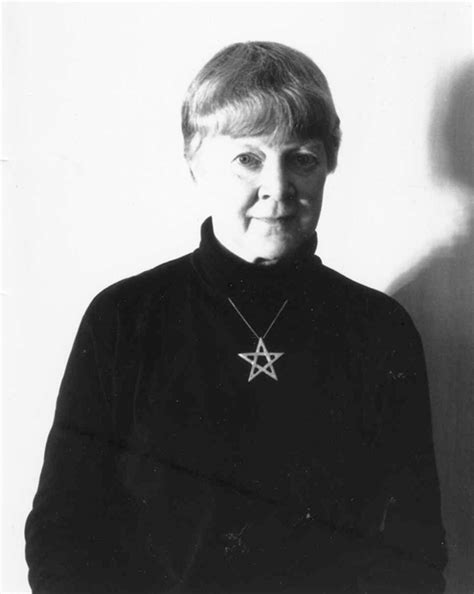A Quote by Thabo Mbeki
At the same time, you have got these traditional councils. And the challenge is how to make sure that they function together [with municipal councils], smoothly, and that is part of what this legislation is trying to address.
Related Quotes
There are two pieces of legislation that are related. There's the Communal Land Rights Bill. Then there is the legislation that was approved which has to do with the role and the place and the function of the institution of traditional leadership. Now that legislation, not the Communal Land Rights Bill, provides for the setting up of particular committees that would work together with the elected municipalities.
It is wonderful how preposterously the affairs of the world are managed. We assemble parliaments and councils to have the benefit of collected wisdom, but we necessarily have, at the same time, the inconvenience of their collected passions, prejudices and private interests: for regulating commerce an assembly of great men is the greatest fool on earth
I would like to see whoever is our next president dedicate a significant part of their inaugural address to this challenge. We have to ignite the nation's energies and passions on this to make this happen. I think we do need the same kind of inspiration we had from Kennedy in his inaugural address in 1961.
I don't know why you should isolate women in this regard. If you have a traditional leader who says 'I am the sole exclusive ruler, I am the autocrat', it will affect everybody in the area, whether they are men or women. The challenge that South Africa faces, and it is not a new challenge, a whole range of African countries have faced this challenge, is that where you have institutional traditional leadership, which in our country is protected by the Constitution, how does that institution function side by side with a democratic system?
Here in Europe some of the challenges have to do with structures that are so complicated. You've got Brussels, and you've got parliament, you've got councils and then you've got national governments. So people sometimes don't feel as if they know who's making decisions, and the more that we can bring people in and engage them, the better. Some of it is also cultural and social, people's sense of identity.
We absolutely do need to make sure that our borders are secure. But what we need to realize and remember is that ICE was established in 2003 right at the same time as the Patriot Act, the AUMF, the Iraq War - and we look back at a lot of that time and legislation as a mistake now. And I think that ICE is right there as a part of it.









































